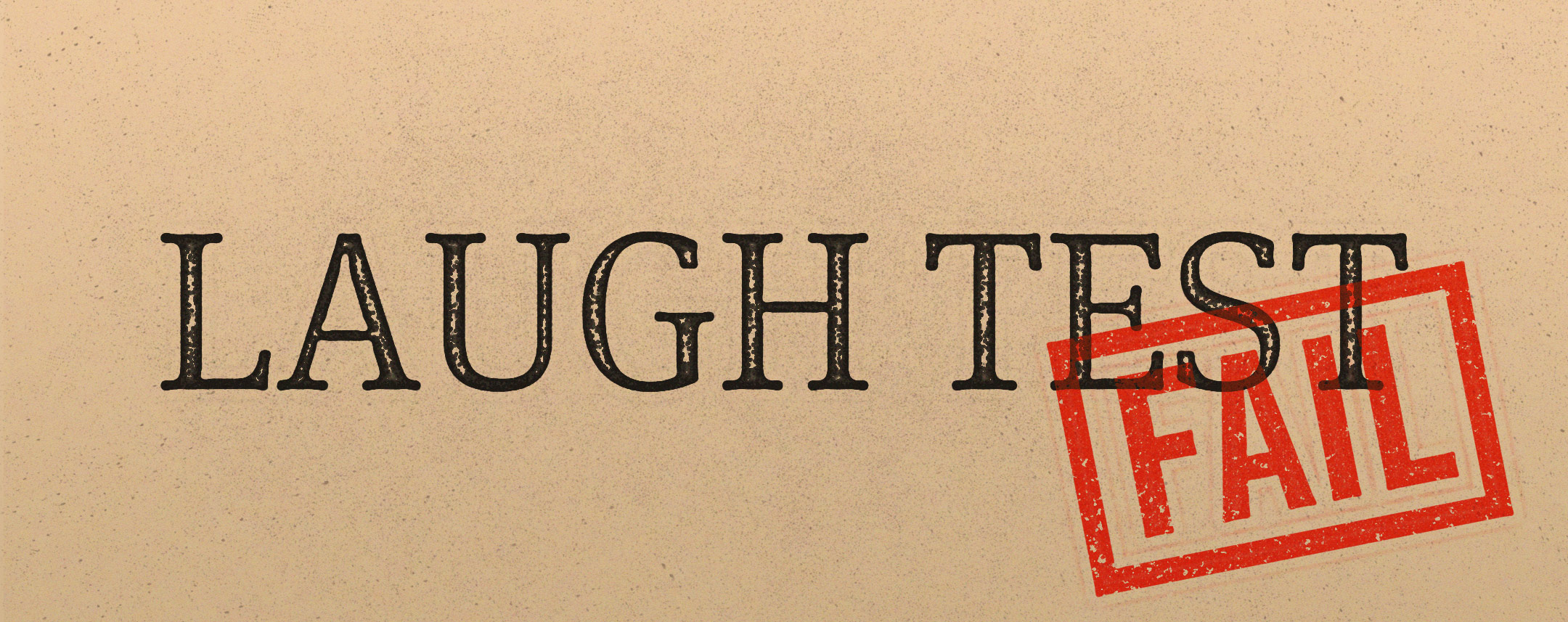My inner cynic keeps telling me a Clallam County judge’s decision last week to schedule a full-blown trial on the merits of two labor-reform initiatives the Freedom Foundation has been supporting in Sequim is simply a diversionary tactic to keep the measures in limbo until after the Nov. 4 general election.
But if it’s a debate on substance he wants, the attorney representing the Teamsters union would be well-advised to think up a better argument than he showed up in court with last time.
For what it’s worth, the Teamsters weren’t actually named as a party in the lawsuit anyway.
The plaintiff—Sequim resident Susan Brautigam—only asked the judge to consider whether the Sequim City Council should be forced to comply with a state law requiring it to either pass the initiatives or send them to the voters.
When the city opted to do neither within the specified 20-day window to take action, Brautigam hauled it into court.
At that point, the Teamsters had little choice but to intervene, since they couldn’t risk a vote on ballot measures that would: 1.) require contract negotiations between the city and Teamsters Local 589, which represents Sequim’s 42 public employees, be open to the public; and, 2.) prohibit the union from deducting dues from the paychecks of employees who decline to join.
During a preliminary hearing on Sept. 18 in Port Angeles, Teamster attorney Tom Leahy took his seat beside the Sequim city attorney and tried to explain to Judge Erik Rohrer why the city was justified in preemptively squelching ideas that hadn’t even become law yet.
“Let’s say someone sponsored an initiative that would prohibit Christians from traveling through Sequim,” Leahy posited. “In that case, no one would suggest the city wouldn’t have every right to protect itself from potential lawsuits by keeping such an obviously illegal measure off the ballot.”
His argument is the flimsiest of straw men because, under Washington state law, proposed initiatives have to meet two incredibly difficult burdens.
First, the sponsor needs to obtain signatures from 15 percent of the affected population’s registered voters. In Sequim’s case, that means persuading 650 thinking adults to sign their name to a petition before it has any chance of appearing on the ballot.
And even then, it would still have to be approved by a majority of the community as a whole before the city had to start worrying about defending itself from a lawsuit.
Simply put, there’s absolutely zero chance Leahy’s anti-Christian measure could have met both those standards because real-life voters are a lot smarter than the made-up kind.
Which isn’t to say the residents of Sequim would have rejected the labor-reform measures in question. On the contrary, any rational person would have supported the concepts of transparency and freedom of choice, and that’s precisely why organized labor is pulling out all the stops to make sure they never get that chance.
And thanks to Judge Rohrer, for a few months more at least, they won’t.









